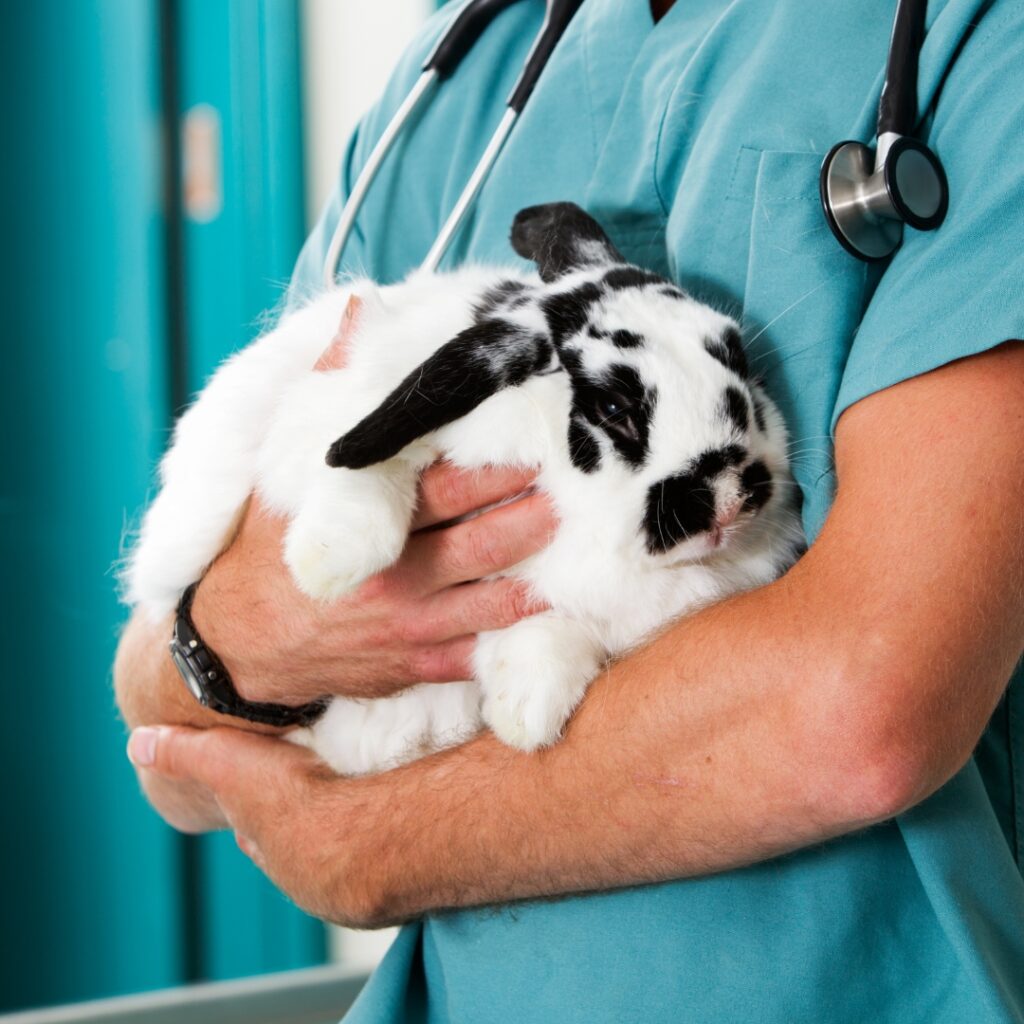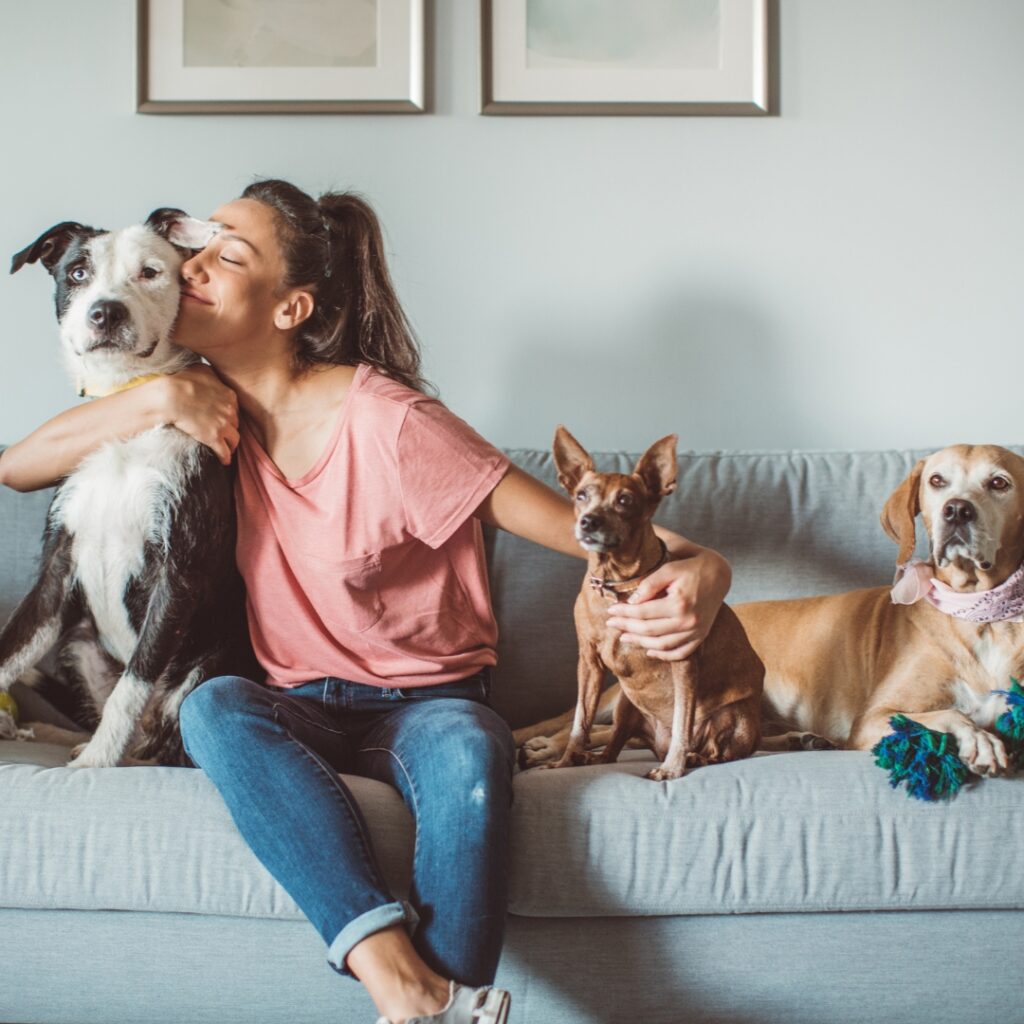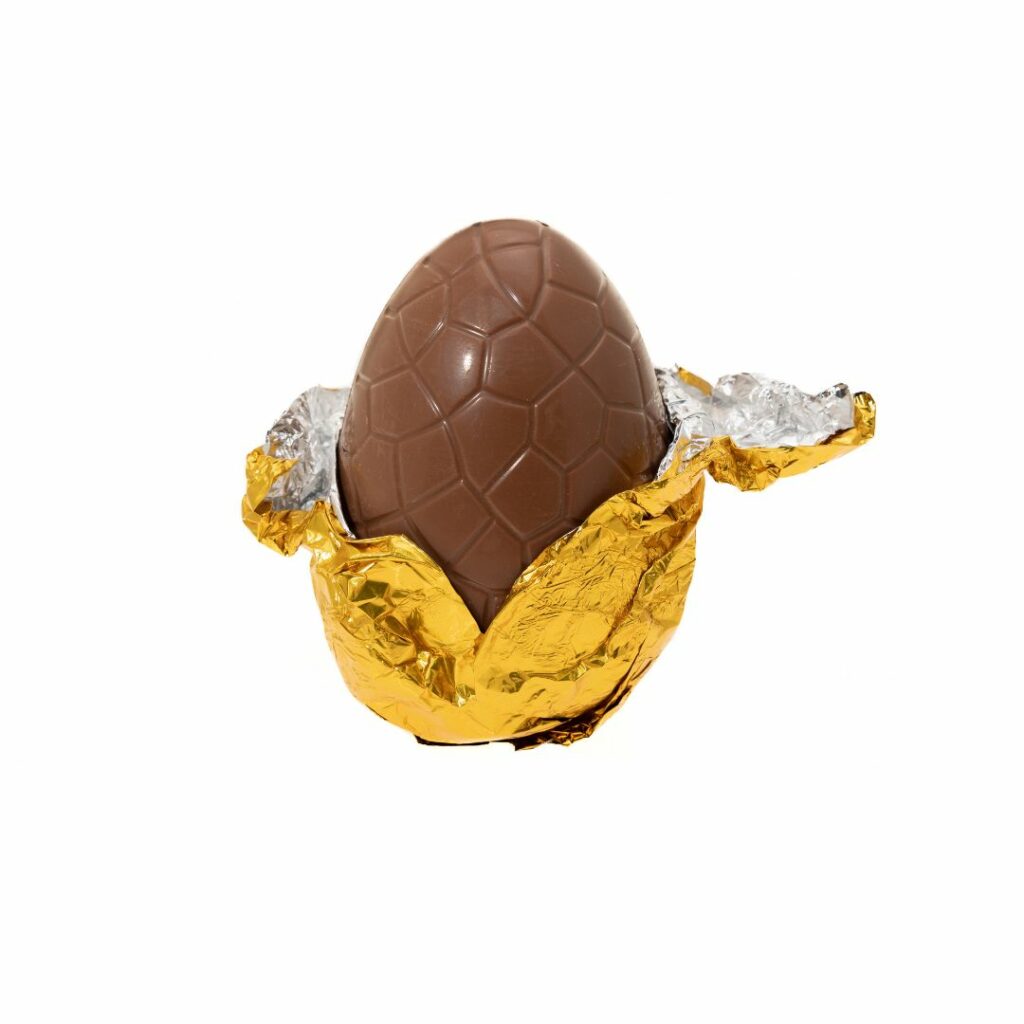How to avoid a howl-i-day visit to the ER
Christmas is a great time of year and should be enjoyed by everyone, including our pets. It is also a time of year when we bring out lots of yummy food and decorations. As some of these items may be harmful to them, we have tried to list a few of these below to help you avoid the unwanted after hours visits to the vet.
Chocolate
Keep all chocolate out of reach! Cats are less likely to be interested in sweet treats, but you should be aware that dogs may seek out every morsel of chocolate – whether wrapped or not!! Toxicity depends on the type and amount of chocolate eaten, and can lead to hyperactivity, rapid or abnormal heart beats, tremors, vomiting, diarrhoea, or even seizure and death for severe toxicity. As a general rule, the darker the chocolate, the more toxic it is. As is unsweetened cooking chocolate and cocoa powder. Some of our Christmas favourites include fruit & nut or chocolate coated nuts and sultanas – beware, these yummy delights are double whammies! Keep reading to see why.
Meats
We are often presented with pets who have over indulged over the Christmas period. Please resist feeding your pets ham, turkey or fatty left overs. These can cause tummy upsets &/or pancreatitis. Please also resist feeding cooked bones to your pets as these can lead to severe gastrointestinal irritations and bowel obstructions.
Onions, Chives, Garlic, Spring Onions
When these are consumed by your pets, it can cause a breakdown of red cells leading to; weakness, pale gums and collapse. These vegetables are often found in rissoles, hamburgers, soups and bolognese, so take caution with those leftovers or sly rummages in the bin!
Grapes, Sultanas, Raisins
It’s unknown how these lead to toxicity, but if consumed in toxic amounts, can lead to kidney damage in dogs, although not widely known in cats. Signs of intoxication include vomiting, diarrhoea, reduced appetite, lethargy and eventually reduced or nil urine production. So keep especially alert with Christmas puddings and mince pies.
Nuts
Macadamia nuts have been shown to be toxic to dogs. Signs include weakness (especially in the hind legs), depression, vomiting, uncoordinated gait, tremors, high body temperature, joint pain with or without swelling. Unshelled nuts can also pose a threat for stomach or bowel obstruction.
Alcohol & Yeast (Bread Dough)
Surprisingly most pets enjoy the sweet taste of these products and alcohol poisoning is not uncommon. In most instances animals recover uneventfully after episodes of weakness, disorientation and sleepiness. However hidden sources can include items such as fermented raw bread dough, and the signs can be more serious. Yeast dough ingestion can include distention of the stomach causing respiratory depression and obstruction of blood flow back to the heart.
Avocado
This can be significantly toxic to some species of bird, rabbits, horses and ruminants, but can cause less severe signs of vomiting and diarrhoea in dogs and cats.
Mushrooms
Certain species of mushroom are toxic and signs can range from abdominal pain, vomiting, diarrhoea, liver failure, renal failure, muscle tremors, seizures, drowsiness and other neurological abnormalities and death.
Tinsels, Poinsettia and other decorations
Those pretty sparkly decorations are especially hard for our feline friends to resist. Tinsel, ribbons and pull toys can be accidentally eaten during play. In fact we had one very naughty puppy present to us last Christmas season after eating a decoration made of pins! And don’t forget the very popular red Christmas plant called Poinsettia. This can cause vomiting, drooling and diarrhoea due to gastrointestinal irritation. We can also see dermal irritation and blistering if the milky sap is exposed to the skin.
Please Note:
This article is not a substitute for a proper consultation with a veterinarian and is only intended as a guide. Please contact us for advice or treatment immediately if you are worried about your pets’ health.
Dr Wendy Fisher, BVSc, MANZCVS & Dr Natsuko Kitamura, BVSc, MANZCVS





